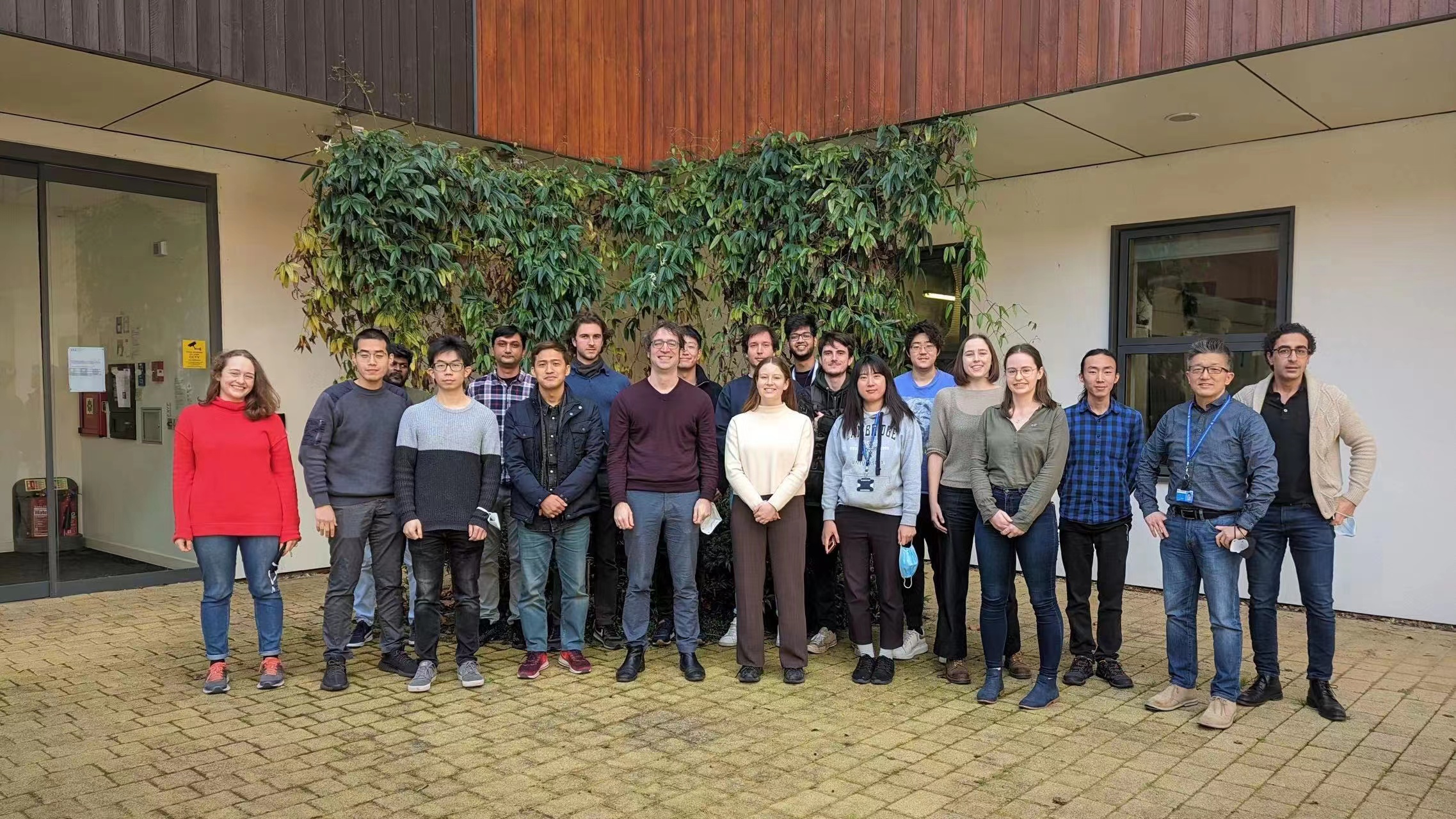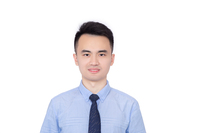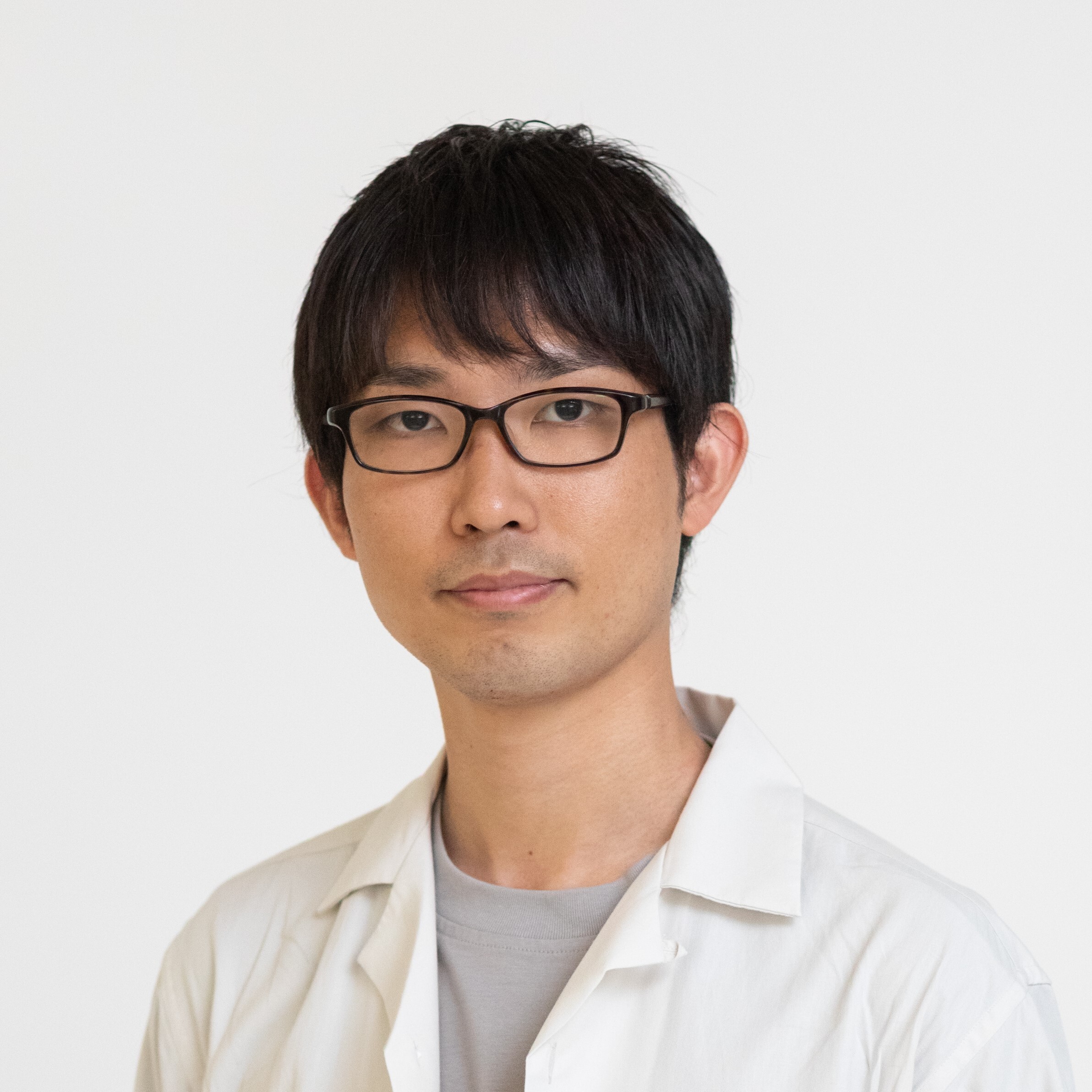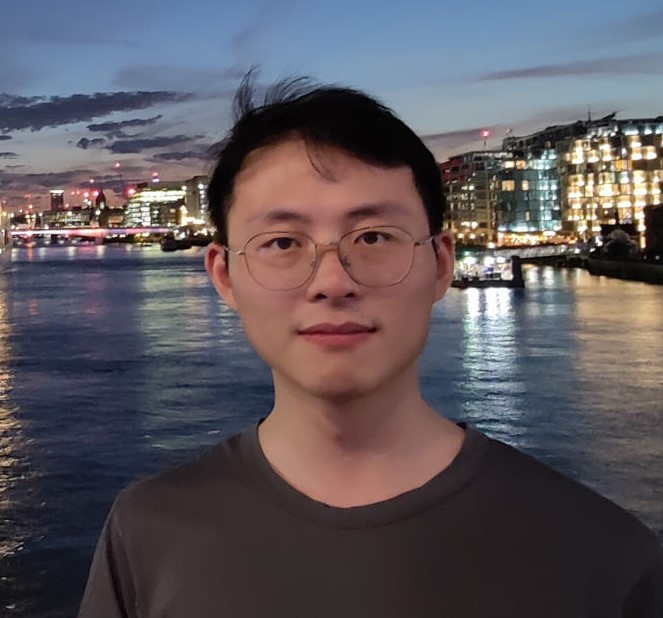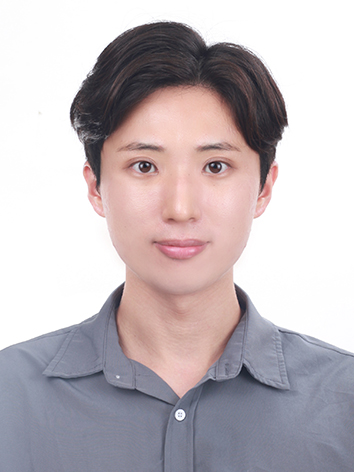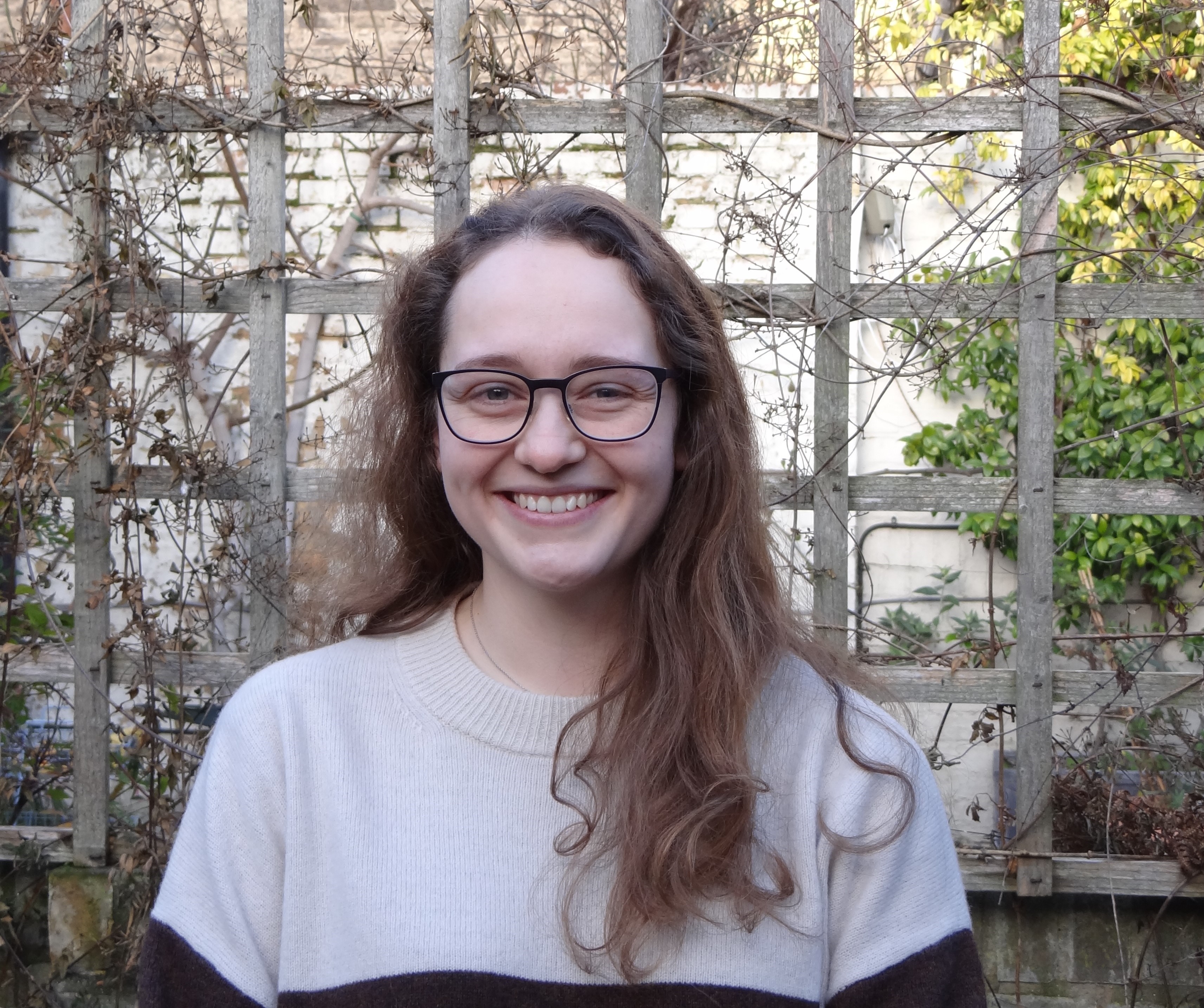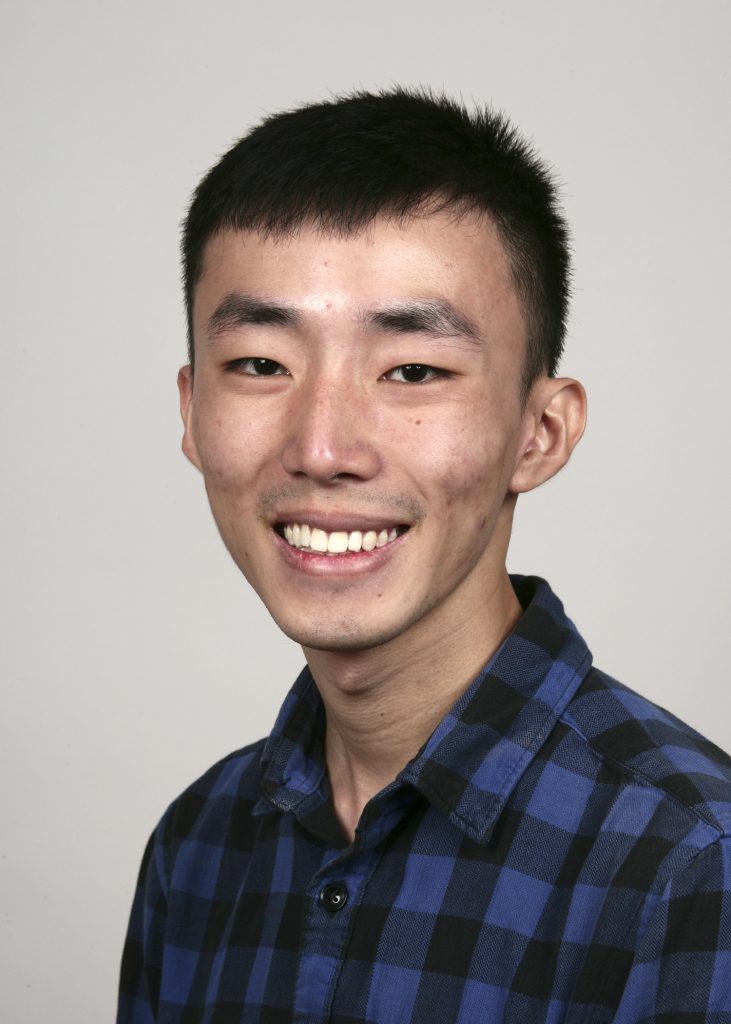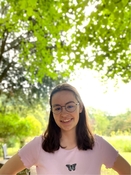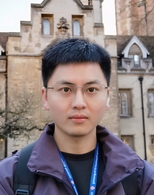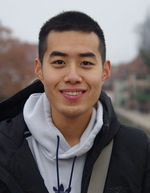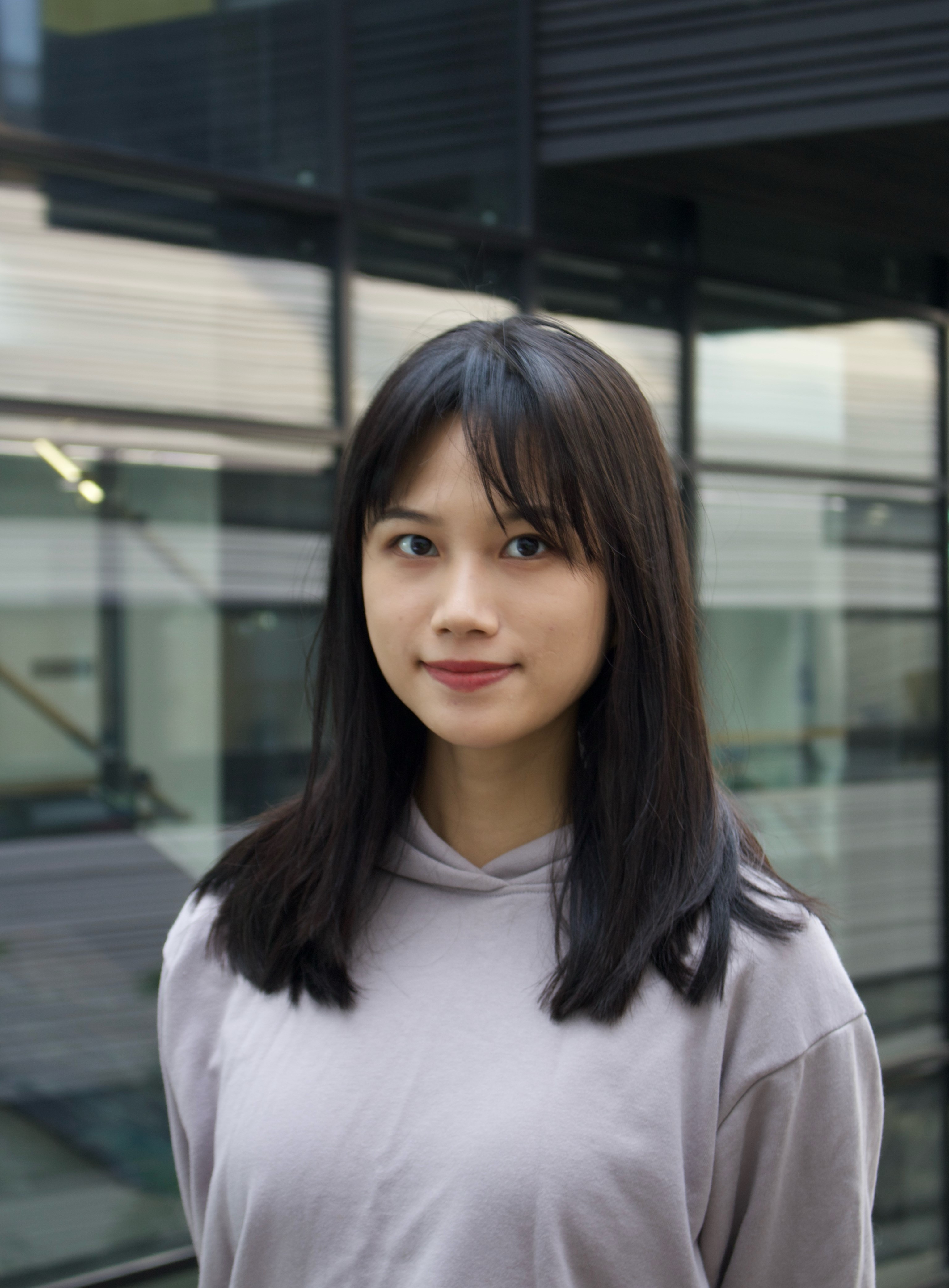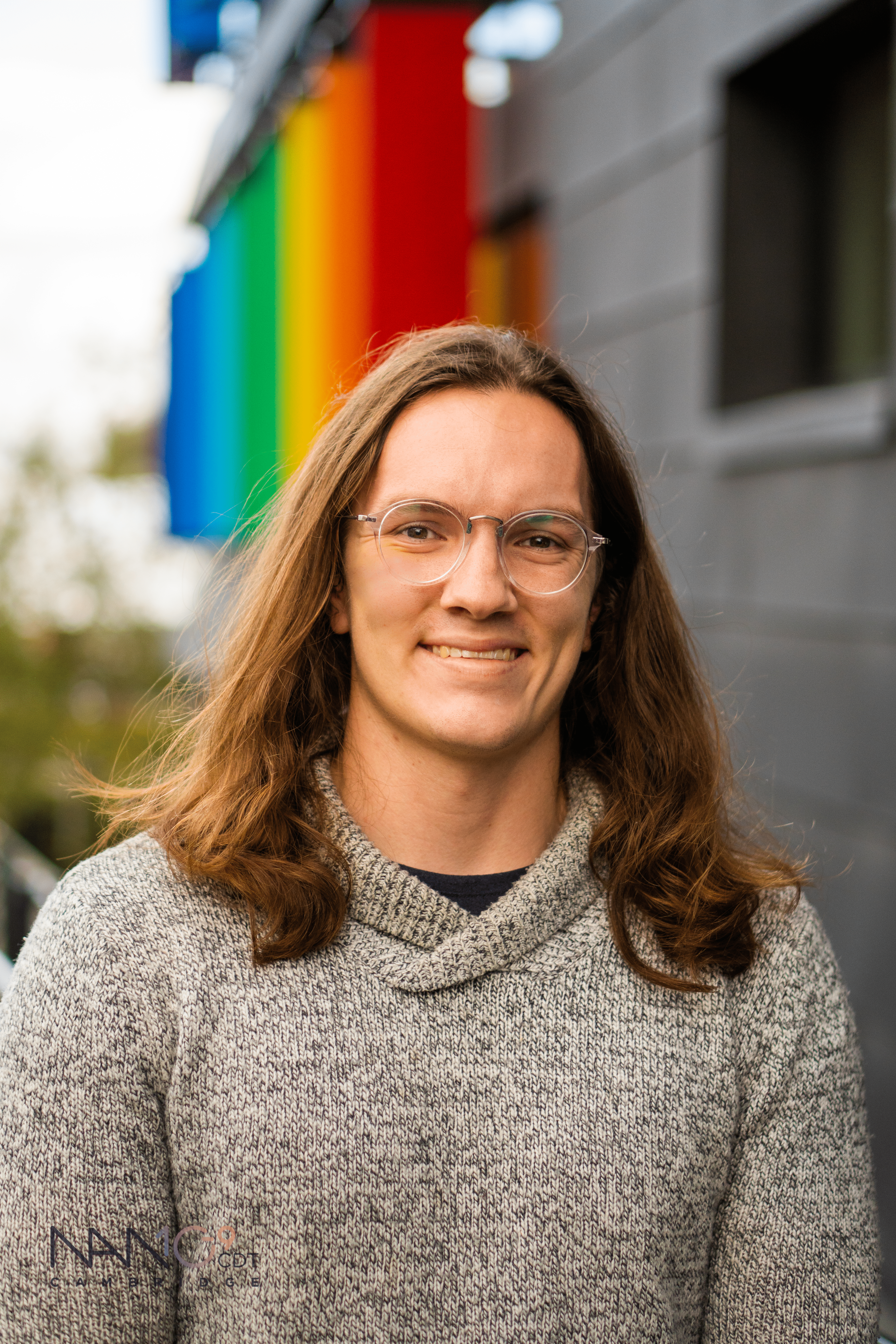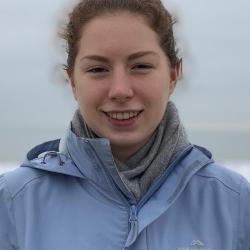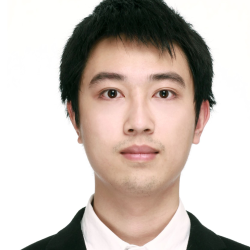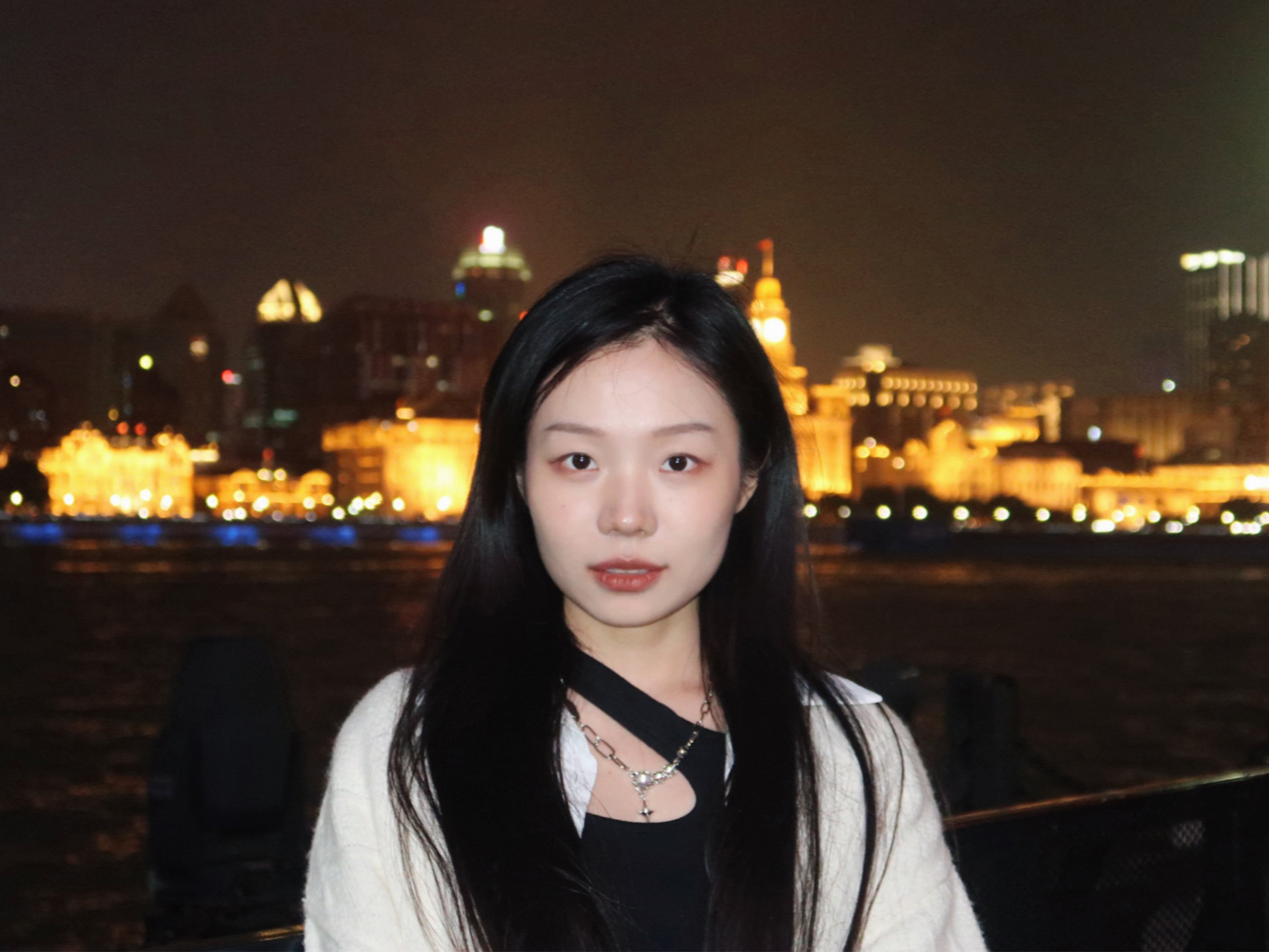The NanoManufacturing Group Members
Principal Investigator
Michael De Volder is Professor of Advanced Materials Engineering at the Department of Engineering at the University of Cambridge and a fellow of St John's College. Michael performed his PhD research on MEMS actuators at the University of Leuven in Belgium and in part at the Tokyo Institute of Technology in Japan. He then joined the Massachusetts Institute of Technology, the University of Michigan and Harvard University as a postdoc researcher in the field of nanotechnology. He also worked for several years at imec - an industry funded microelectronics research institute - before joining the Department of Engineering at the University of Cambridge. He is a recipient of an ERC starting grant as well as an ERC Consolidator Grant and he is holder of several industrial and academic awards including the Iwan Akerman Award, the Barco High-Tech Award and the Robert M Caddell award. He is a Laureate of the Belgian Royal Academy, vice president of LIAM - a North Carolina based nanotech company and Co_founder of Echion Technologies and Myriofoam (UK).
Contact: mfld2@cam.ac.uk
Post-Doctoral Researchers
Dr Hooman Abbasi
Hooman Abbasi is working on the development of novel multifunctional separators for Li-ion batteries to improve their performance and safety at NanoManufacturing group led by Prof.Michael De Volder as a Visiting Research Fellow.
Hooman performed his PhD research on graphene and carbon nanotube nanaofillers and cellular nanocomposites manufacturing and applications at Universidad Politecnica de Catalunya-Barcelona Tech--UPC, as part of multiple competitive projects awarded by the Spanish and Catalunya Governments. He obtained his doctorate degree with Cum Laude distinction in 2019 and later received the extraordinary thesis award in 2021.
Contact: ha510@cam.ac.uk
Dr Byungman Kim
Byungman Kim joined the nanoManufacturing group as a visiting scholar by Prof Michael De Volder. He received his PhD (2018) in the Department of Chemical Engineering at the UNIST in South Korea. He has focused on the development of photo-rechargeable batteries (PRBs), especially for indoor applications. His current research is focused on the development of advanced PRBs with higher output voltage and understanding the charge transfer mechanism inside them.
Contact: bk449@cam.ac.uk
Dr Kumar Raju
Kumar Raju is a Farday Institution Research Fellow who joined the NanoManucfacturing group led by Prof Michael De Volder in Jan 2022. He performed his PhD research at the University of Madras, India. He then worked as a postdoc at Hanyang University, South Korea. He also worked for several years as a senior research scienctist at the Energy centre, Council for Scientific and Industrial Research (CSIR), South Africa. His current research involves the processing of advanced cathode materials. including the development of novel methodes to structure eletrode materiala and to study their processing into advanced electrodes for batteries.
Contact: kr516@cam.ac.uk
Dr.Rui Wang
Rui Wang join NanoManufacturing Group in July 2022 and work for the Faraday Degradation project in Faraday Institution as a postdoctoral associate in Michael De Volder's group. He received his PhD (2022) in Peking University Shenzhen Graduate School in China. He has focused on the development of cathode material for Lithium-ion battery, especially on the structural regulation and performance optimization of layered cathode materials with the help of advanced characterization methods such as NPD, NMR and STEM.
Contact: rw716@cam.ac.uk
Dr. Jianqi Sun
Dr. Jianqi Sun received his PhD in Donghua University, State Key Laboratory for Modification of Chemical Fibers and Polymer Materials (SKLFPM), He joined Prof. Michael De Volder’s group as a Research Associate in May 2023. His research interests mainly focus on the solid and liquid electrolytes together with their interfacial engineering and structural design toward stable high-energy lithium batteries.
Contact: js2677@cam.ac.uk
Dr. Kohei Shimokawa
Kohei Shimokawa joined the NanoManufacturing Group in July 2023 with the support of the JSPS Overseas Research Fellowship. He is also an Assistant Professor and Prominent Research Fellow at Tohoku University in Japan. He received his bachelor's and master's degrees from Kyoto University and his PhD from Tohoku University. During his PhD studies, he was supported by the JSPS Research Fellowship for Young Researchers (DC1). His research focuses on the development of next-generation batteries and their interdisciplinary extension. His current interest is the design of oxide cathode materials to improve the performance of photo-rechargeable batteries.
Contact: ks2113@cam.ac.uk
Dr. Qing Dai
Dr. Qing Dai received his PhD in the University of Chinese Academy of Sciences and Dalian Institute of Chemical Physics, where he focused on the ion transport mechanism and structure design of ion conductive membranes for flow batteries. He further conducted research on the electrochemistry of 2D materials at the National Institute of Graphene in the University of Manchester. In May 2023, Dr. Dai joined the IfM as a research associate in Prof. Michael De Volder's group, where he is currently working on the design and manufacture of membranes and electrodes for redox flow batteries.
Contact: qd228@cam.ac.uk
Dr. Sujin Heo
Su Jin joined as a Research Associate in the NanoManufacturing group led by Prof. Michael De Volder in March 2024. She received her PhD (2023) in the Department of Electrical Engineering and Computer Science at DGIST in South Korea. Her research interests are Nano and Microscale advanced electronic devices. Currently, her main research is Nano to Micro multiscale manufacturing employing Carbon Nanotube (CNTs) for aerospace applications and sensors.
Contact: sh2320@cam.ac.uk
Dr. Kwon-Hyung Lee
Kwon-Hyung joined the NanoManufacturing group in September 2024 with the support of the Sejong Science Fellowship from the National Research Foundation of Korea. He received his Ph.D. in Energy and Chemical Engineering from UNIST, South Korea, in 2023. His research has primarily focused on the materials and applications of printable batteries and micro power sources. Currently, his main research interests include electrode structuring and the development of dry-coating processes for high-performance, cost-effective lithium-ion batteries. He aims to bridge the gap between fundamental material innovations and scalable manufacturing processes, contributing to advancements in next-generation energy storage solutions.
Contact: khl65@cam.ac.uk
Dr Kate Sanders
Kate is a Research Associate in the Nanomanufacturing group and Junior Research Fellow of Wolfson College. Her research interests concern the scalable processing of nano- and micro-structured functional materials, and the use of emulsion droplets for material synthesis and assembly. Kate received her PhD from the University of Cambridge (2021). Currently, she works on scale-up and testing of a new manufacturing process for controlled microparticle production, which emerged from her PhD research and was previously supported by a NanoDTC Translational Prize Fellowship (2021-2022), Horizon Proof-of-Concept grant (2022-2023), and EPSRC IAA award (2024). This process is able to produce functional materials for a variety of applications, including for Li-ion batteries, where structure is key to electrochemical performance.
Contact: kas89@cam.ac.uk
PhD Students
Hwee Jien Tan
After finishing his MRes degree in Nanoscience and Nanotechnology at the University of Cambridge in 2020, Jien joined the NanoManucfacturing group led by Prof Michael De Volder for his PhD. The focus of his project is to improve the packing of active materials and the transport of ionic species within battery electrodes. To this end, a bottom up approach will be undertaken to sequentially assemble battery materials into higher order structures that can bring about improved battery stability and greater energy density.
Contact: hjt51@cam.ac.uk
Greta Thompson
Greta completed an MEng in Materials Science at the University of Oxford where she spent her research masters investigating the impact of vibration on degradation in Lithium-ion batteries. She also spent a summer researching solid-state electrolytes in the Faraday institution SOLBAT group. Greta is a PhD student under the supervision of Prof. Michael De Volder and is co-supervised by Prof. Clare Grey. Greta is investigating the fabrication of structured electrodes for redox batteries. These are battery systems that are particularly interesting to store renewable energy sources. She is interested in the relationship between electrolyte flow and electrode structure and using this relationship to manufacture optimised electrodes. Greta completed an internship at Breathe Battery Technologies, where she focused on commercialisation and market analysis. At Oxford, she was involved with the Oxford Foundry (student entrepreneurial hub), the Oxford Climate Society and the Oxford Energy society. In her spare time, she enjoys playing football and making music.
Contact: gbt25@cam.ac.uk
Grace Mapstone
Grace is a NanoDTC PhD candidate (2020 cohort) working on electrochemical carbon capture using supercapacitors. Her primary supervisor is Dr Alexander Forse in the Department of Chemistry and is co-supervised by Prof. Michael De Volder. Grace completed her undergraduate masters degree in chemistry at the University of Warwick in 2020. She is a member of Corpus Christi College.
Contact: gem45@cam.ac.uk
Ze He
Ze He from WUT nano key lab (China) joined the NanoMaunfacturing group led by Prof Michael De Volder in March 2022. His PhD project is to develop novel battery systems and investigate fundamental mechanisms by in-situ characterisations, including Zn-ion battery, iron-ion battery, and Zn-Cu dual metal battery. His work focuses on low-cost and high-safety batteries, aiming to develop competitive battery systems that can meet large-scale application
Contact: zh360@cam.ac.uk
Edward Saunders
Edward is a NanoDTC PhD candidate (c. 2021) working on redox flow battery electrodes. His research is currently focused on developing surface engineering for enabling aqueous organic redox flow batteries. His PhD is co-supervised by Prof Dame Clare Grey in the chemistry department. Edward completed his MEng in electrical and mechanical engineering at Girton College Cambridge before joining the NanoDTC as a member of Jesus College.
Contact: es758@cam.ac.uk
Heng Wang
Heng joined IfM in October 2021 as a PhD candidate in the group of Professor Michael De Volder. Prior to this, Heng has completed his BA and MEng in Manufacturing Engineering from the University of Cambridge. Heng is currently a Benefactors’ Scholar at St John’s College, and a recipient of the Honorary Trinity-Henry Barlow award. Heng’s research focuses on the development of scalable processes to fabricate better and cheaper Li-ion batteries, in particular, electrode structuring using techniques compatible with large area roll-to-roll coating. In addition, he also works on a side project on electrochemical characterisation and degradation studies with in-situ dilatometry technique, starting from building the instruments from scratch.
Contact: hw492@cam.ac.uk
Arvind is a PhD student co-supervised by Prof. Neil Greenham (Optoelectronics, Physics) and Prof. Michael De Volder (Nanomanufacturing, IfM). His research focuses on light-battery interactions for enhanced energy storage and operando measurements. He is a member of the UKRI CDT in Nanoscience and Nanotechnology (NanoDTC, Cohort 2020). Prior to this, he completed a Bachelor's in Metallurgical and Materials Engineering from the Indian Institute of Technology Madras (IIT M) where he was awarded the Dr Shankar Dayal Sharma President of India Gold Medal as the undergraduate student with the best all-round performance in curricular and extra-curricular activities. In his spare time, he enjoys performing stand-up comedy and playing tennis.
Contact: ap2180@cam.ac.uk
Shuyan joined IfM in October 2023 as a PhD student, co-supervised by Professor Dame Clare Grey and Professor Akshay Rao. She holds an MPhil in New Energy Technology from Tsinghua University and a BEng in Materials Science and Engineering from Wuhan University of Technology. Shuyan’s research focuses on operando optical microscopy to observe lithium-ion kinetics in lithium metal batteries.
Contact: sn646@cam.ac.uk
Larry is a NanoDTC PhD student (c. 2022) working on Li-air battery cathodes. He is primarily supervised by Dr. Israel Temprano (Dept. of Chemistry) and is co-supervised by Prof. Michael De Volder (IfM, Dept. of Engineering) and Prof. Dame Clare Grey (Dept. of Chemistry). His research is focused on studying and developing cathode structures to prevent oxygen starvation at high discharge rates. Larry graduated with a B.A. (Mod.) in Nanoscience, Physics and Chemistry of Advanced Materials in Trinity College Dublin in 2022. He is a member of Hughes Hall college.
Contact: lb958@cam.ac.uk
Jessica Trevelyan
Jessica joined the Nanomanufacturing group as a PhD student in 2023. She is supervised by Prof Michael De Volder and Prof Dame Clare Grey. Her research is focused on electrolyte additives for lithium-ion batteries with nickel-rich cathodes. Jessica completed her MSci in Chemistry in Cambridge with a research project on redox mediators for lithium-air batteries.
Contact: jet81@cam.ac.uk
Gratsiela Kostova
Gratsiela joined the NanoManufacturing Group in 2024 as a PhD student. She is a member of the UKRI CDT in Sensor Technologies and Applications (SensorCDT, Cohort 2023) and an associate member of the Royal Society of Chemistry. Her research interests are directed at the operando optical probing of Lithium-ion batteries, for the reduced degradation of cells. The project is co-supervised by Professor Dame Clare Grey in the Department of Chemistry. Before starting her PhD, Gratsiela was a research scientist working on the optimisation of potassium sensitive ion-selective electrodes at Kalium Health, Cambridge. Gratsiela received a Masters Degree in Chemistry from the University of Warwick in 2020.
Contact: gk456@cam.ac.uk
Yuxuan Jiang
Yuxuan joined the NanoManufacturing group in October 2024 as a Ph.D. candidate supervised by Professor Michaël De Volder. He holds a BEng in Materials Science and Engineering from Northwestern Polytechnical University and an MPhil in Micro- and Nanotechnology Enterprise (with Distinction) from the University of Cambridge. His research focuses on investigating ion transport through the solid- electrolyte interphase (SEI) in lithium-metal batteries using nanopore devices.
Contact: j370@cam.ac.uk
Shubham Chamola
Shubham Chamola is a visiting PhD scholar supported by the Commonwealth Split-site PhD Fellowship. He joined the NanoManufacturing group led by Prof. Michael De Volder at the University of Cambridge in November 2024. He is pursuing PhD in the Department of Physics at the Indian Institute of Technology Jodhpur, India, under the supervision of Dr. Shahab Ahmad. His research focuses on the development of photorechargeable batteries (PRBs) and the fundamental investigation of charge transport mechanisms in PRBs using various in-situ characterization techniques. He is also a member of Lucy Cavendish College.
Contact: sc2541@cam.ac.uk
Yingjie Wu
Yingjie Wu joined the NanoManufacturing group led by Prof. Michael De Volder at the University of Cambridge in February 2025 as a visiting PhD student. She holds a BEng in Materials Science and Engineering from East China University of Science Technology, Shanghai. Her doctoral research focuses on cathodic pre-lithiation/sodiation technology for high-energy-density lithium/sodium-ion battery systems, especially the anode-less batteries.
Contact: yw774@cam.ac.uk
Chris Smith
Chris started his PhD in October 2024. He is co-supervised by Prof. Dame Clare P. Grey (Dept. of Chemistry) and Prof. Michael De Volder (IfM, Dept. of Engineering). His research focuses on structured cathodes for optimised lithium-ion battery performance and understanding their fundamental degradation mechanisms. He previously graduated with a BEng in Materials Science and Engineering from the University of Sheffield and later obtained an MSc from Imperial College London in Advanced Materials for Sustainable Technology.
Contact: cs2300@cam.ac.uk

